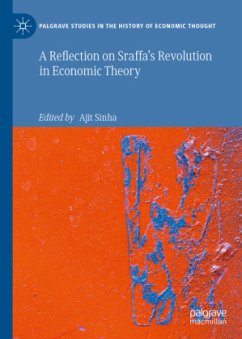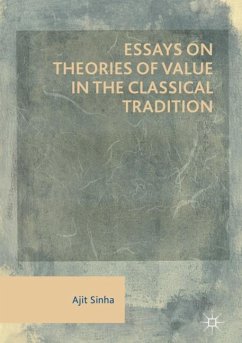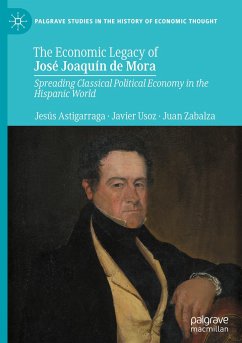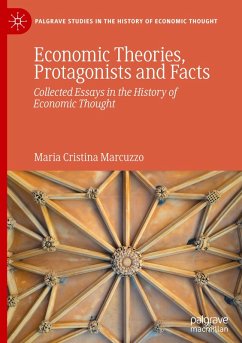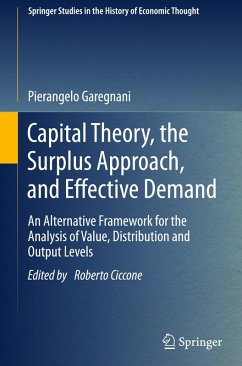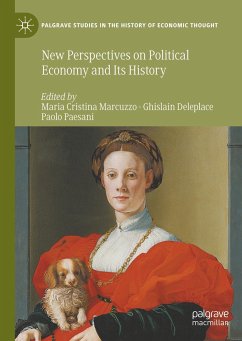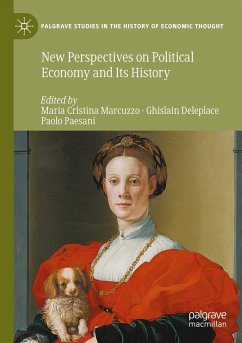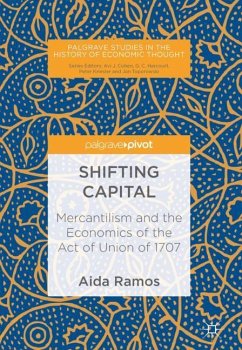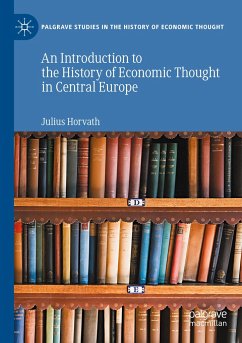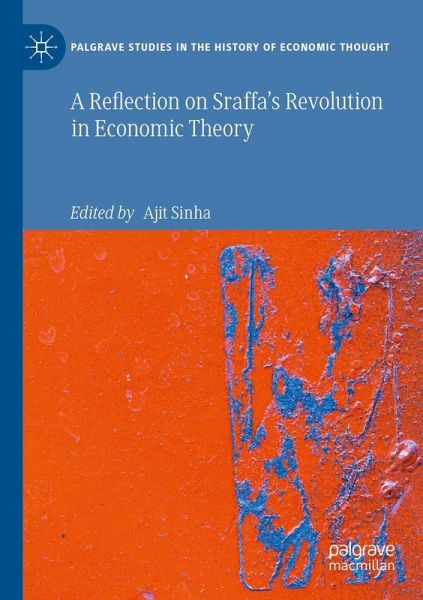
A Reflection on Sraffa's Revolution in Economic Theory
Versandkostenfrei!
Versandfertig in 6-10 Tagen
129,99 €
inkl. MwSt.

PAYBACK Punkte
65 °P sammeln!
This book presents a substantial collection of essays from a wide range of well respected scholars addressing several aspects of Piero Sraffa's economics in light of continuing controversies over the interpretation that should be placed on his work. It moves beyond extant scholarship with an added emphasis on the philosophical dimension of Sraffa's seminal work, Production of Commodities by Means of Commodities. Contributors probe new ways of thinking about the political economy of Sraffa and in doing so, alongside the comments to each contribution by other scholars, provide a cutting edge deb...
This book presents a substantial collection of essays from a wide range of well respected scholars addressing several aspects of Piero Sraffa's economics in light of continuing controversies over the interpretation that should be placed on his work. It moves beyond extant scholarship with an added emphasis on the philosophical dimension of Sraffa's seminal work, Production of Commodities by Means of Commodities. Contributors probe new ways of thinking about the political economy of Sraffa and in doing so, alongside the comments to each contribution by other scholars, provide a cutting edge debate and discussion on non-mainstream economic theory.
This book will be of interest to academics and advanced graduate students in economics, with additional interest from scholars in philosophy and the methodology of science.
This book will be of interest to academics and advanced graduate students in economics, with additional interest from scholars in philosophy and the methodology of science.



